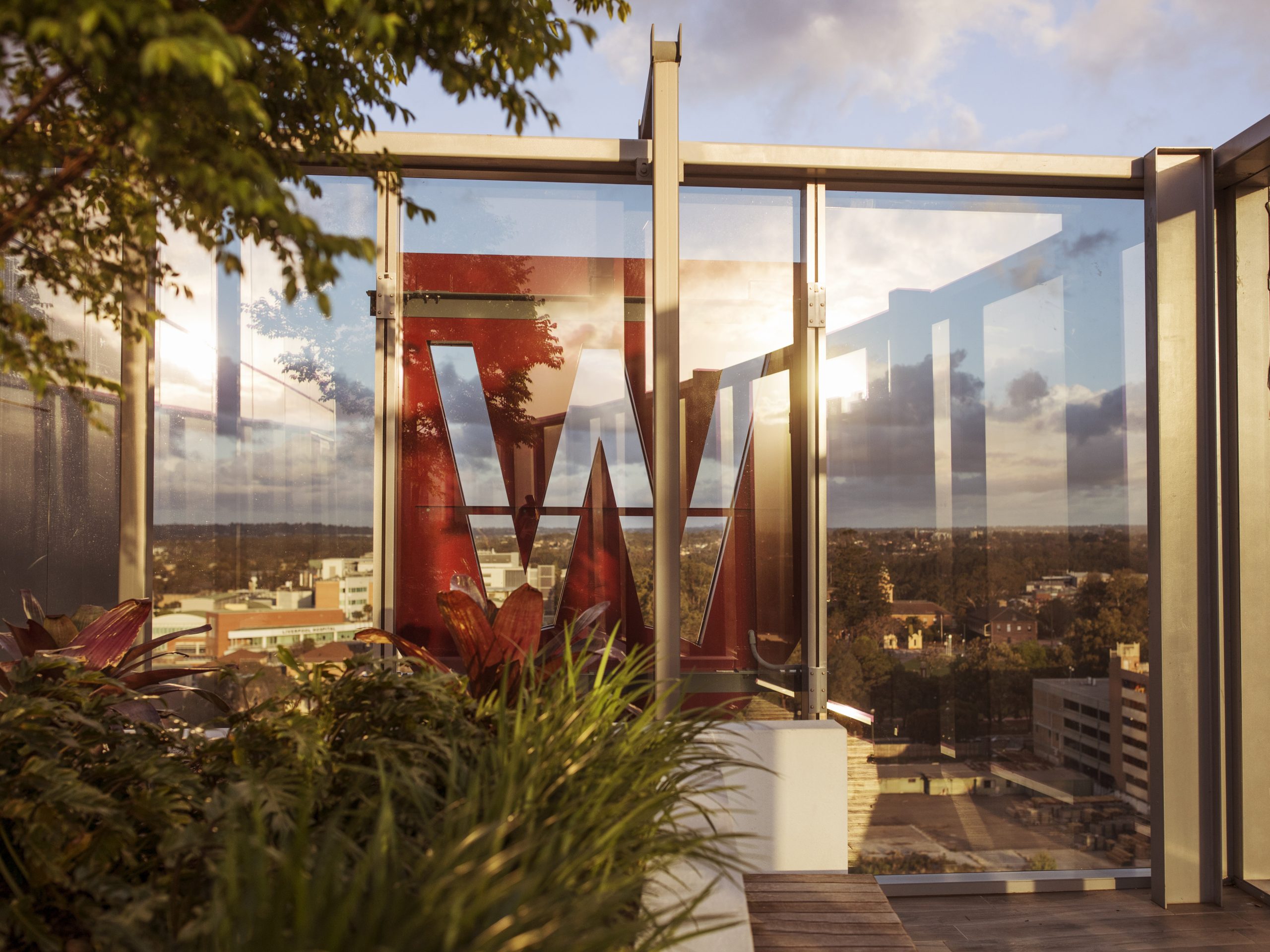Western Sydney University has launched its decadal strategy, Sustainability and Resilience 2030 – an ambitious roadmap for climate action that includes committing to 100 per cent renewable energy by 2026 and becoming carbon neutral by 2030.
This commitment has been fast-tracked into action. The University has recently achieved 100 per cent renewables in its electricity supply by including 100 per cent government-accredited GreenPower – four years ahead of target, and reduced its carbon footprint by almost 40 per cent.
These sustainability initiatives have resulted in the University being ranked 17th worldwide in the 2021 Times Higher Education Impact Ranking for Sustainable Development Goal (SDG) 13: Climate Action. This is up from a ‘top 200’ ranking last year.
Vice-Chancellor and President, Professor Barney Glover AO, said the University is pleased to take a leadership role in addressing climate change and building resilience during a time of unprecedented global crises.
“The decadal strategy, Sustainability and Resilience 2030, signals a bold vision that will see Western Sydney University achieve carbon neutrality and operate day-to-day using renewable energy exclusively,” said Professor Glover.
“As a leading educational institution, both in Greater Western Sydney and internationally, an important part of our mission is to secure a more resilient, sustainable, and prosperous future.
“Our significant achievements in climate action to date – through our world-class research, teaching programs, and innovations in campus operations – have contributed to our global recognition when it comes to sustainability, but we can do more.”
Ms Jen Dollin, Head of Sustainability Education at the University, said the strategy, including its nine interconnected priority statements, has been informed by Aboriginal and Torres Strait Islander Indigenous knowledges, Planetary Health concepts, and the United Nations 2030 Agenda for Sustainable Development.
“Sustainability is a key focus across the University’s wide-ranging, applied and interdisciplinary research and demonstrates the public value and social impact of our University with a bold and change-making, yet grounded strategy,” added Professor Juan Francisco Salazar, from the University’s Institute for Culture and Society and School of Humanities and Communication Arts.
Professor Simon Barrie, Deputy Vice-Chancellor and Vice President (Academic), said the University’s cutting-edge sustainability curriculum equips the next generation of leaders, innovators and thinkers to meet the challenge of climate action head on.
“Our educational offerings are developing citizens for a sustainable future, providing them with the opportunity to study specialisations such as global climate change adaptation and mitigation, urban planning for cool green cities and dedicated units such as climate change and culture and environmental planning and climate,” said Professor Barrie.
Dr Roger Attwater, Senior Manager, Environmental Sustainability, said practical examples of the University’s action plan include the new solar carpark and outdoor heat living lab demonstration hub at the Kingswood campus. This provides much needed cooling and amenity for staff and students, and is also used as a valuable research and teaching resource.
This article was first published on the Western Sydney University website on 6 September 2021. It has been republished here courtesy of the WSU Media team and author Amanda Whibley. View the original article here.
Lead image: Western Sydney University’s Liverpool City campus. Credit: Sally Tsoutas


